Deck & Commander Strategies
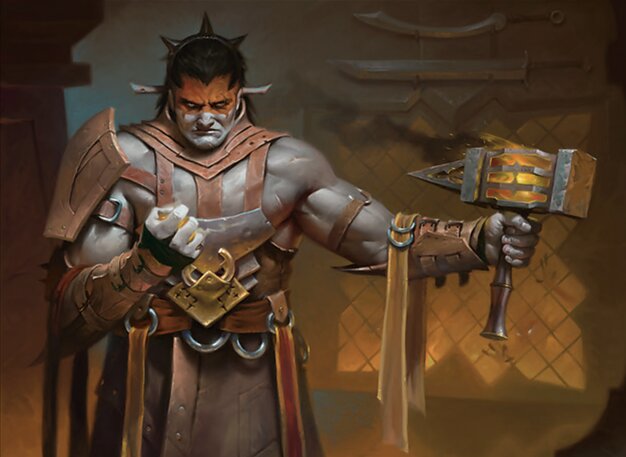
Valduk, Keeper of the Flame
Voltron-style strategy that equips Valduk with multiple auras and equipment, generating 3/1 red elemental tokens with trample and haste each combat to overwhelm opponents with swift, aggressive attacks.
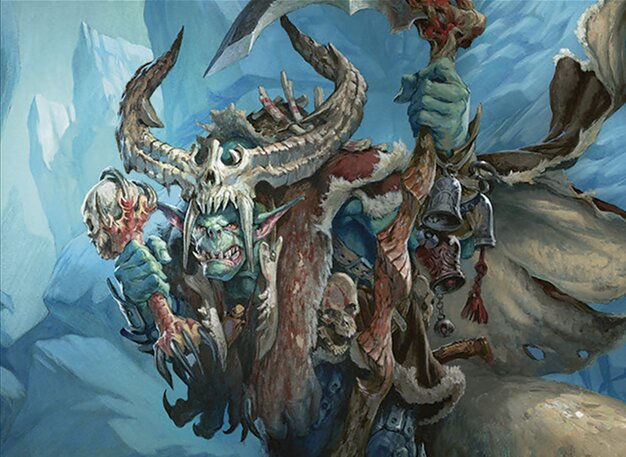
Sek'Kuar, Deathkeeper
Token generation through death triggers: whenever a non-token creature dies, create a 3/1 black and red zombie token with haste, building a resilient horde to outlast opponents.

Cult of Skaro
Grixis artifact tribal strategy that triggers random effects on attack, including distributing +1/+1 counters on artifact creatures, drawing cards, creating menace artifact tokens, and draining opponents’ life, aiming for incremental advantage and overwhelming board presence.
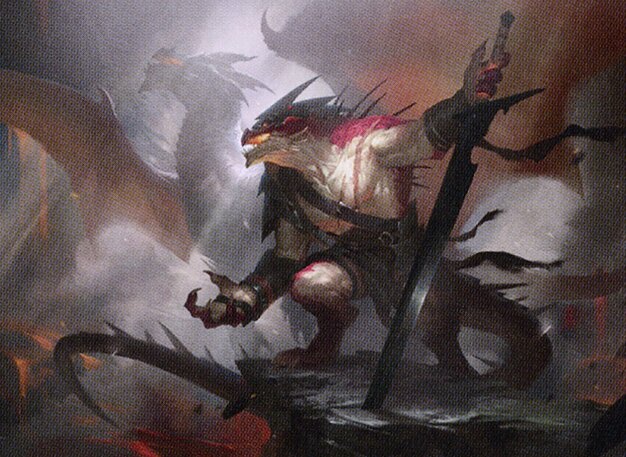
Rivaz of the Claw
Dragon tribal focused on casting powerful dragons from hand and graveyard, utilizing mana fixing and recursion to maintain a steady stream of high-impact threats with menace and flexibility.
Gameplay Insights
- 1
The Blood Moon early in the game significantly disrupted the mana bases of Sek'Kuar and Rivaz, slowing their multicolor strategies and forcing conservative plays.
- 2
Valduk’s player leveraged equipment and auras to create elemental tokens with trample and haste, enabling multiple combat phases and pressuring opponents continuously.
- 3
Cult of Skaro’s random attack triggers provided a mix of card draw, token generation, and life loss that kept opponents off balance and rewarded aggression.
- 4
Rivaz’s recursion of dragons from the graveyard kept up the offensive threat level despite removal, requiring opponents to prioritize graveyard disruption or efficient removal.
- 5
Players carefully considered attack targets and timing to avoid enabling token generators or triggering unwanted death triggers that could benefit opponents.
Notable Cards
-

Valduk, Keeper of the Flame
-

Sek'Kuar, Deathkeeper
-
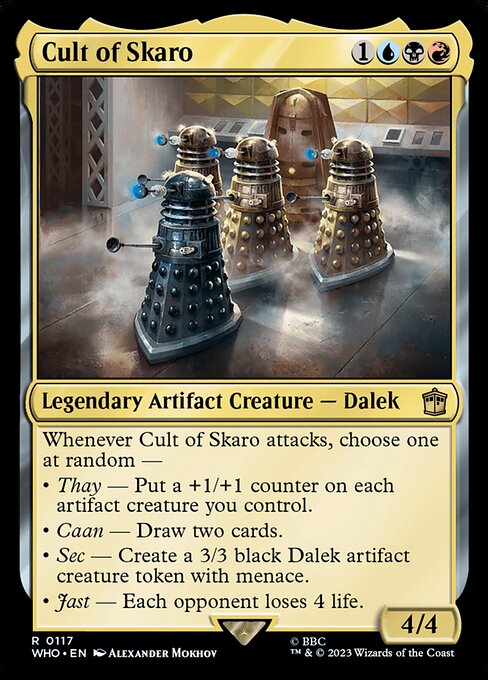
Cult of Skaro
-

Rivaz of the Claw
-

Blood Moon
-
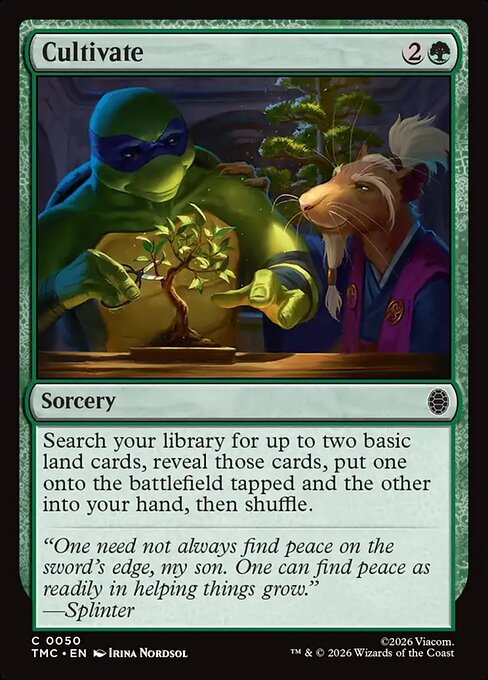
Cultivate
-
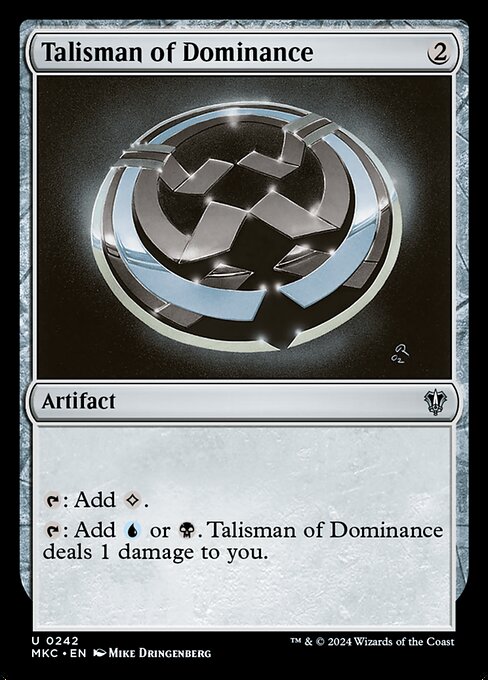
Talisman of Dominance
-
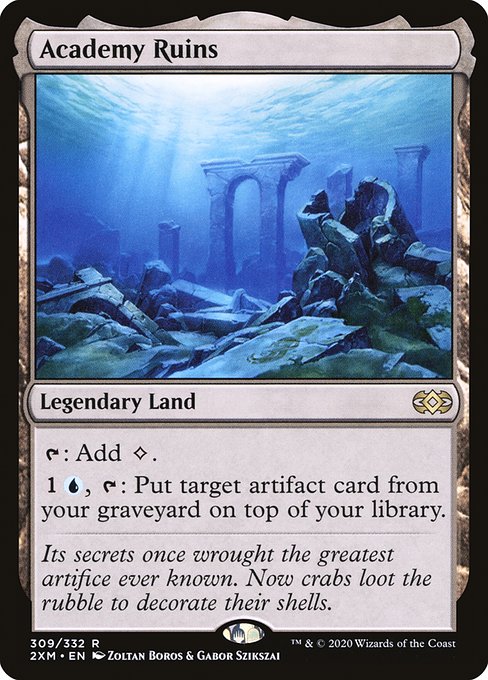
Academy Ruins
Gameplay Summary
The game started with all four players ramping and developing their boards cautiously.
Valduk, Keeper of the Flame, aimed to build a Voltron-style deck with strong equipment and auras to generate elemental tokens, putting early pressure with aggressive token swarms.
Sek'Kuar, Deathkeeper focused on producing 3/1 black and red zombie tokens whenever non-token creatures died, creating a resilient board presence through attrition.
Cult of Skaro utilized artifact creatures and random attack triggers to generate value, create tokens, and drain opponents' life, adding a layer of unpredictability and card advantage.
Rivaz of the Claw emphasized casting powerful Dragon creatures from both hand and graveyard, leveraging mana fixing and recursion to dominate the board with high-impact threats. Early plays included ramp spells like Cultivate and mana rocks, as well as a Blood Moon from Valduk’s player that disrupted multicolor strategies, particularly hindering Sek'Kuar and Rivaz.
The board state evolved with token production and incremental damage, but key moments involved the activation of Cult of Skaro’s attack triggers, generating multiple artifact tokens and forcing opponents to deal with the growing menace.
Valduk’s token creation through equipment attachments threatened multiple combat phases, while Rivaz’s ability to recast dragons from the graveyard kept constant pressure with powerful creatures.
The game revolved around managing these token armies and leveraging graveyard recursion, with players weighing combat options and removal carefully to avoid empowering their opponents’ abilities.


![Ep 1: Jarred v Jedit v Elas v Jaxis commander / [EDH gameplay] thumbnail](https://i.ytimg.com/vi/fOXepOqTRcA/sddefault.jpg)
!["Battle of the Commanders" EP: 2 Anje vs Zur vs Jedit vs Phabine [EDH Gameplay] thumbnail](https://i.ytimg.com/vi/ZmDQKhu_A_M/sddefault.jpg)
!["4 Player Commander Showdown "- Ep: 3 Hazezon v Dihada v Willowdusk v Raffine [EDH Gameplay] thumbnail](https://i.ytimg.com/vi/BiDOJLw7a3I/sddefault.jpg)
![All will be one! EP: 4 Prosper v Neyali v Ixhel v Karumonix [EDH gameplay] thumbnail](https://i.ytimg.com/vi/1rB3FW952-4/sddefault.jpg)
![Ep: 5 Tawnos v Yuriko v Purphoros v Urza [EDH gameplay] thumbnail](https://i.ytimg.com/vi/ovuvwBzAQ1U/sddefault.jpg)
![Ep: 6 Myrel v Liesa v Kess v Falco [EDH gameplay] thumbnail](https://i.ytimg.com/vi/Au02HpcLJGA/sddefault.jpg)

![Ep: 8 Xira v Atraxa v Goblinson v Akiri [EDH gameplay] thumbnail](https://i.ytimg.com/vi/vRfqRDjvoXs/sddefault.jpg)

![Knightly Showdown EP: 11 Gisa v. Imoti v. Sidar Jabari v. Syr Gwyn [EDH gameplay] thumbnail](https://i.ytimg.com/vi/P8KX_caip9U/sddefault.jpg)
![Commander VS S14E1: Muldrotha VS Valduk VS Tatyova VS Arixmethes [EDH] thumbnail](https://i.ytimg.com/vi/N6grgj3VwDM/sddefault.jpg)



















